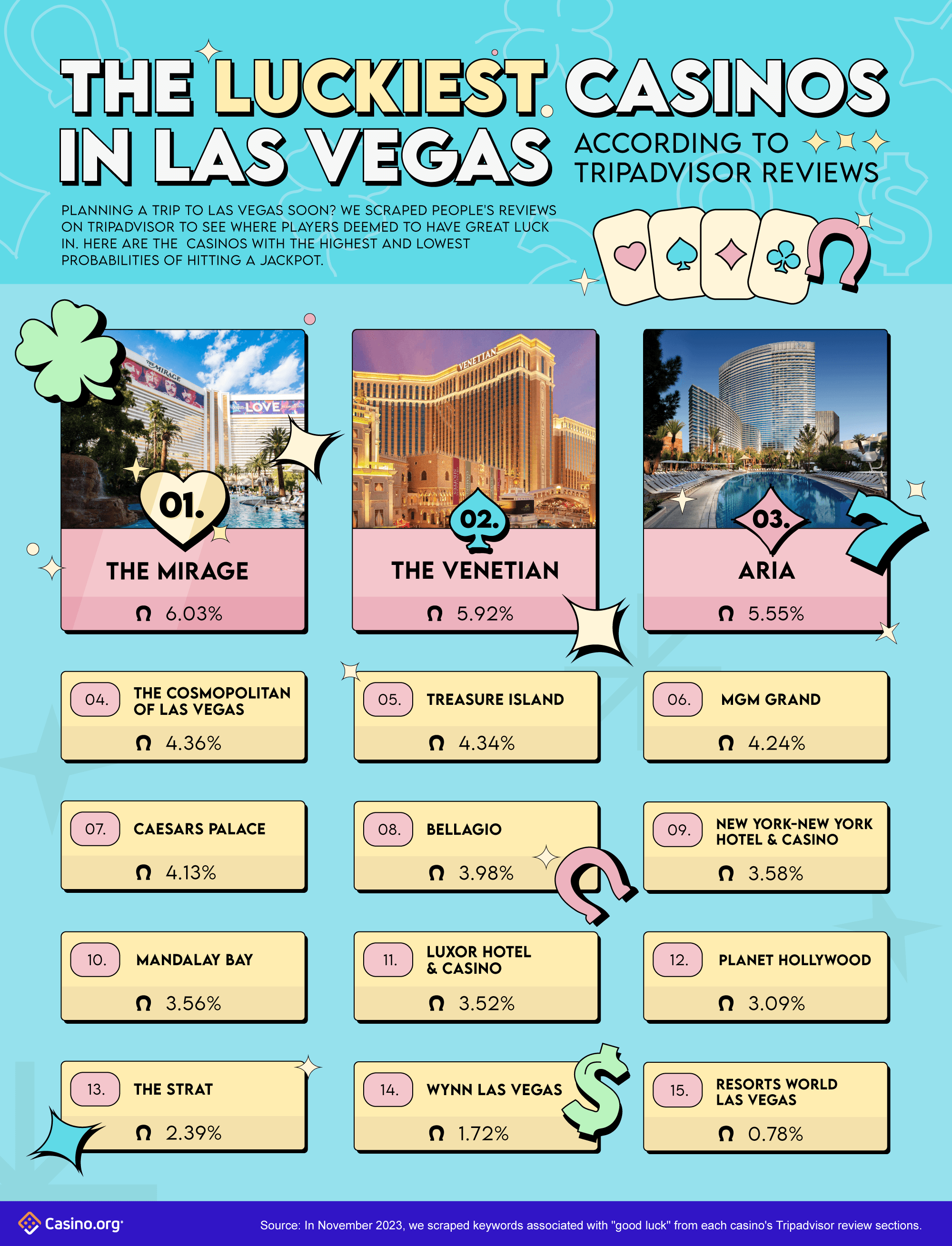A History of Gambling: From the Ancient Era to Modern Casino Games

Gambling has been an important part of human entertainment for thousands of years, developing through cultures and eras to become the exciting casino games we know today. From the ancient Chinese and Romans, who engaged in multiple forms of betting and luck, to the modern gaming floors of contemporary casinos, the allure of gamble and reward has fascinated individuals across the globe. The transition from simple dice games and primitive betting setups to the extravagant settings of modern casinos reflects major strides in both cultural standards and technological.
As cultures evolved, so too did the complexity of gambling activities, with gambling activities emerging as a distinct category of leisure and thrills. These activities have transformed from casual gatherings centered around traditional tables to grand, opulent establishments designed to entice players. Today, we explore this fascinating journey, analyzing how historical practices laid the foundation for the varied and thrilling casino activities that bring joy to countless people worldwide.
spintax
Early Wagering Practices
Wagering has profound roots in human past, with evidence of activities of chance dating back to ancient civilizations. Archaeologists have uncovered that as far back as 3000 BC, the ancient Chinese were using primitive forms of betting with dice made from ivory. Similarly, ancient cultures of Mesopotamia engaged in wagering activities, often relying on the throwing of lots or dice to determine outcomes. These early forms of gambling served not only as recreation but also played important roles in social and cultural practices.
The Egyptians also participated in betting activities, with games that included betting on the outcomes of various events, including athletic events and spiritual festivals. Items such as dice and depictions of players from ancient tombs illustrate that gambling was a popular pastime. It provided both relaxation and a means of engaging in social interaction, often linked to celebratory occasions or major gatherings. This behavior demonstrated the universal appeal of chance and competition throughout history.
In ancient Rome, wagering became a commonplace practice among the people, as evidenced by references in literature and the establishment of rules around certain activities. Romans enjoyed a variety of gambling activities, from wagering on horse races to playing games similar to modern-day board games. The legal structure surrounding these activities began to take shape, establishing the foundations for gambling regulations that would grow in the centuries to come. The popularity of betting during this period set the stage for the development of gambling house games in the future.
The Evolution of Gambling Games
Gambling games have undergone substantial transformations from their origins to the contemporary entertainment options. In early civilizations, gaming was commonly linked to ceremonial practices, with dice games found in Mesopotamia and betting on the outcomes of events in ancient Rome. These primitive forms of gambling laid the basis for the organized games we see today. The transition from informal gambling to organized games occurred as societies began forming rules and venues for wagering, demonstrating cultural values and practices.
The medieval period saw the emergence of card games, which gained popularity among the nobility of Europe nobility. Games like the first and baccarat became mainstays in social gatherings. The development of printing technology further facilitated the spread of playing cards, making them more accessible to the common people. jdbyy As gambling houses began to multiply, these card games evolved into adaptations that appealed to wider audiences, eventually leading to the founding of casinos as specialized venues for gaming.
The twentieth century marked a significant point in the development of casino games, with the ascendancy of commercial casinos in Las Vegas and other betting centers. This era brought forth games like video slots and modern variations of table games, complete with high-quality graphics and detailed betting structures. The introduction of online casinos in the late 1990s additionally changed the gaming industry, allowing players to access a great variety of casino games from the convenience of their homes. Today, casino games persist to evolve, blending time-honored elements with cutting-edge technology to create immersive experiences for players around the globe.
Contemporary Gambling Regulations
In recent years, the environment of gambling laws has evolved substantially, notably as tech advances and internet-based gambling have become increasingly prevalent. Authorities around the world have enacted various laws and guidelines to ensure that gambling activities are conducted justly, with responsibility, and transparently. These regulations often encompass elements such as permits, marketing, player safeguards, and sensible gambling measures. Authorities aim to mitigate problems such as gambling addiction and cheating while fostering a fair gambling environment.
The growth of online gambling sites has necessitated a fresh approach to oversight. Many legal areas have established dedicated online gaming frameworks that cater to internet-based gaming, enabling operators to provide their services within the law. These frameworks often demand operators to obtain licenses, adhere to strict safety standards, and provide assistance options to assist players. By vigilantly observing online activities, authorities can better protect consumers from potential harm and ensure that gaming is conducted in a protected manner.
Furthermore, modern gambling regulations are increasingly focusing on responsible gambling initiatives. Many casinos and online platforms now implement features such as self-exclusion, financial limits, and breaks to help players manage their gambling habits. Awareness campaigns aimed at raising awareness about the risks of gaming are also common. As the industry continues to expand, the focus on sensible gaming continues to be a cornerstone of governing efforts, showing a commitment to encouraging a secure and enjoyable gambling experience for all players.
